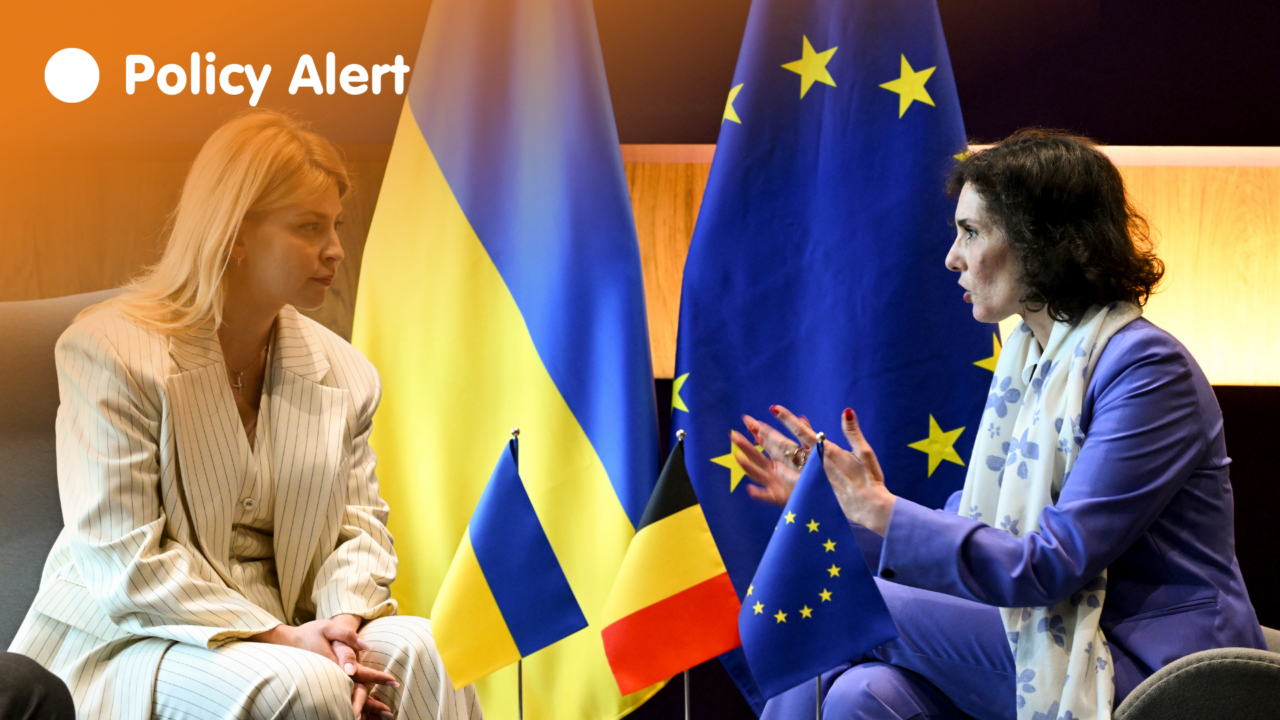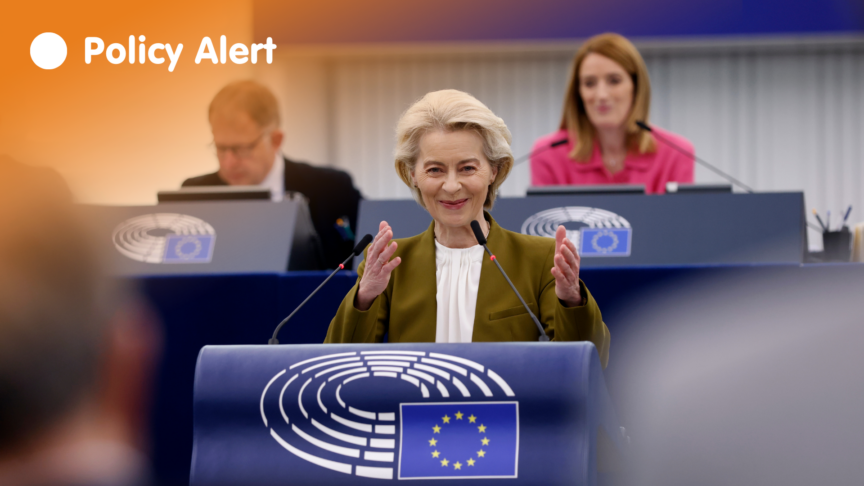Dreaming of EU: The challenges ahead for Ukraine’s and Moldova’s accession
Accession negotiations for Ukraine and Moldova have formally begun. But four main challenges lay ahead before the EU welcomes its eastern neighbours into the bloc
Ukraine’s and Moldova’s accession aspirations have finally became a reality. On 25 June, the European Union opened formal accession talks with Kyiv and Chisinau via separate intergovernmental conferences, beginning a clear and result-oriented process towards EU membership.
After years of stagnation in the Western Balkans, the move gives a powerful push to the EU’s enlargement policy and reinforces and incentivises the reform process in Ukraine and Moldova. Even though enlargement has regained momentum, further progress, and ultimately accession, will depend on:
- Internal EU politics: The rise of extreme and populist parties in the European Parliament and member states could threaten the bloc’s enlargement plans. Under the setting of the new mandate of the EU institutions, it is unlikely that the EU will change its policy towards Ukraine and Moldova. However, some member states could slow down the process, especially for Ukraine, as has happened in the past with other candidate countries. At some point, Ukraine might be ready, but it will not join unless the EU is also ready to admit it.
- Bilateral grievances: The EU’s enlargement policy has been often subjected to the bilateral agenda between EU member states and candidate countries. For Ukraine, Hungary has blocked almost half of all decisions regarding Ukraine because of declared dissatisfaction with Kyiv’s level of national minorities’ protection. The trap of ‘bilateralisation’ of the accession agenda, as examples from the Western Balkans show, can have devastating results.
- Progress on reforms: Irrespective of the internal EU debate, Ukraine and Moldova will need to continue to win the loyalty of the EU by implementing the required reforms. This does not guarantee accession as some member states may not entirely respect the merit-based approach as the sole reason to advancing negotiations. However, it is difficult to imagine progress on the EU accession without candidate countries delivering on reforms.
- The security environment: Despite Russia’s invasion, Ukraine managed to navigate the process from an associated country to a candidate country. But even if there is more progress in the formal negotiations, it is highly unlikely that accession could take place before the war is over. And while the war has been an important trigger for many reforms, but if it comes down to it, Ukraine will prioritise its security over integration related processes.
Maintaining momentum
Ukraine, Moldova, and the EU need to keep up the current pace. Recent history in the Western Balkans suggests that any pause in the accession process can make it very difficult to get things started again. Above all, in the next six months, while the EU institutions are reshuffled, they should continue with the required bilateral screening of issues to be addressed in negotiations. That will complete the pre-negotiation technicalities and will allow Ukraine, Moldova, and the EU to open the fundamentals.
The Hungarian presidency for the second half of this year will not prioritise accession. Ukraine in particular should use this time to adopt the two roadmaps on rule of law and public administration reforms. If well implemented, the roadmaps will create a solid rationale for opening the negotiation chapters once Poland takes over the presidency next year.
The European Council on Foreign Relations does not take collective positions. ECFR publications only represent the views of their individual authors.



